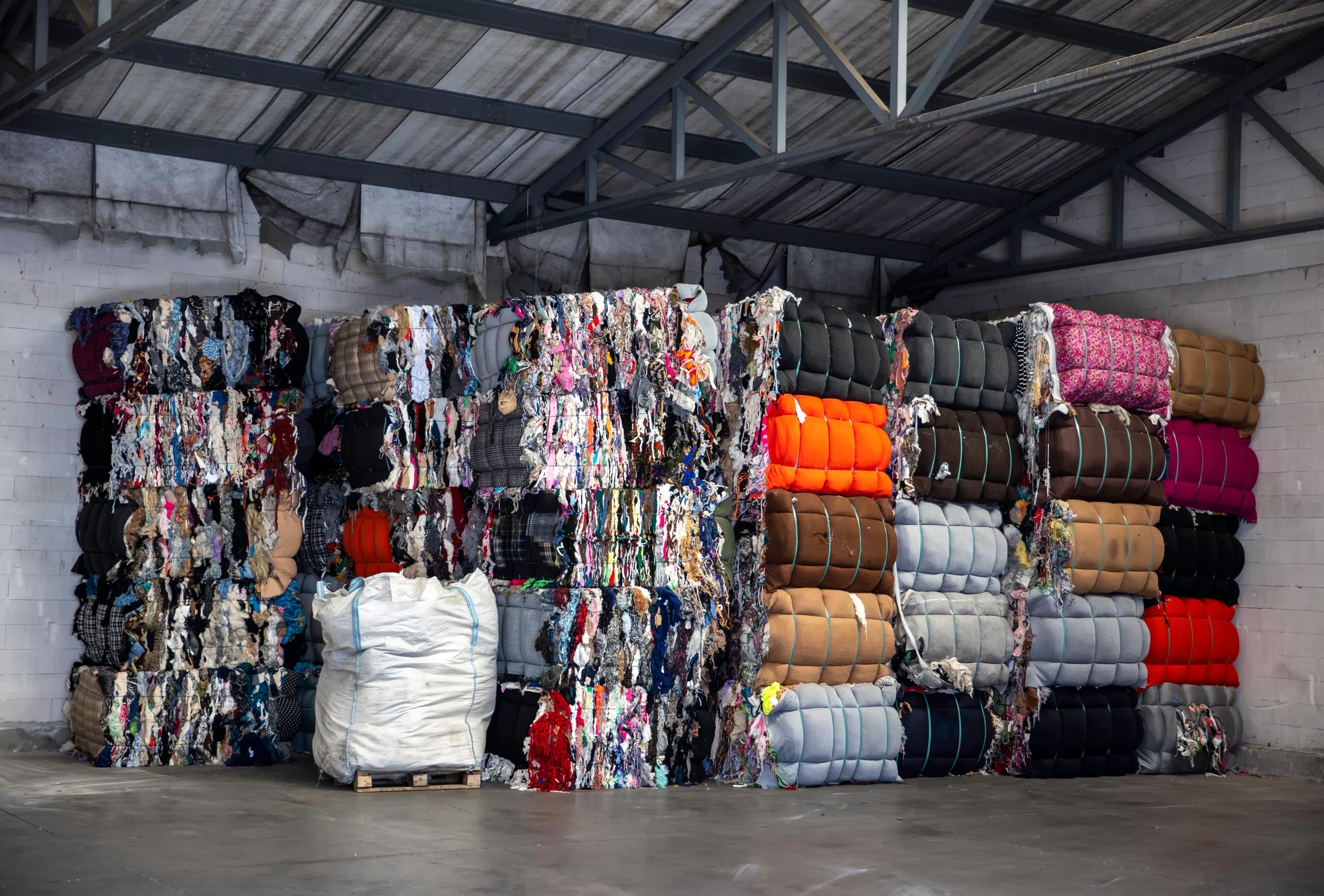CEMR calls for a stronger local role and producer responsibility in EU textile waste reforms
In response to the European Commission’s proposal to revise the Waste Framework Directive, the Council of European Municipalities and Regions (CEMR) has published key messages to ensure that local and regional authorities are central to a fair and effective textile waste management system.
The revision, which includes mandatory Extended Producer Responsibility (EPR) schemes for textiles, is welcomed by CEMR. However, urgent improvements are needed to ensure timely implementation, comprehensive cost coverage, and clearer roles for public authorities and social enterprises.
CEMR’s recommendations highlight several critical areas:
- Broaden the definition of textile waste to include non-household sources such as hotels, hospitals, and offices.
- Clarify the role of social enterprises and ensure they are fully integrated into EPR schemes.
- Align deadlines for separate collection (due by 2025) with the establishment of EPR schemes to avoid unfunded obligations for municipalities.
- Guarantee full cost coverage for collection, sorting, treatment, and public awareness campaigns.
- Include unsold textiles under EPR rules, in line with the upcoming Ecodesign Regulation.
- Promote prevention, especially by tackling overproduction and fast fashion.
Drawing on best practices from France’s “Refashion” scheme, CEMR shows how EPR can drive higher collection and reuse rates, stimulate innovation, and improve cooperation across the value chain, but only when properly implemented.
CEMR urges EU institutions to embed these recommendations into the revised directive to ensure that local governments can continue to lead on circular economy goals without being burdened by unfunded mandates.
For more information, contact:

Advisor – Environment and mobility






